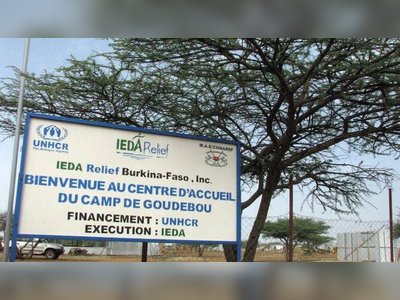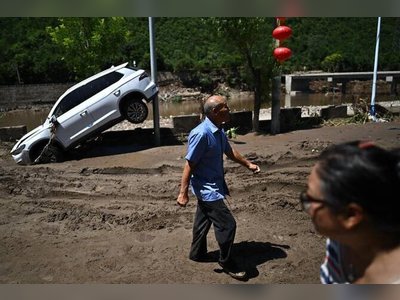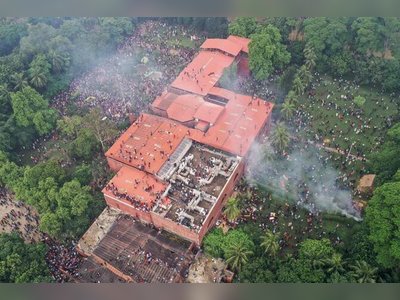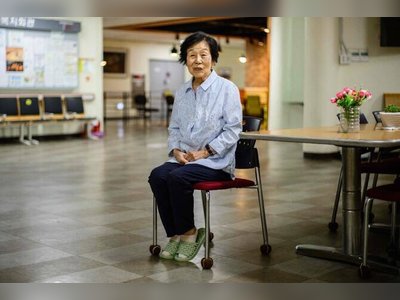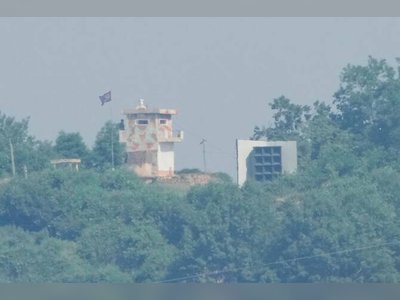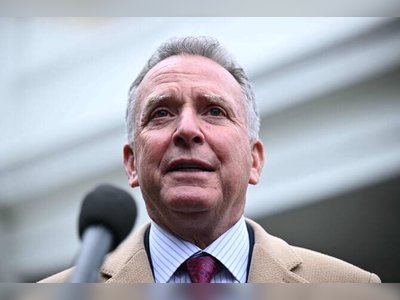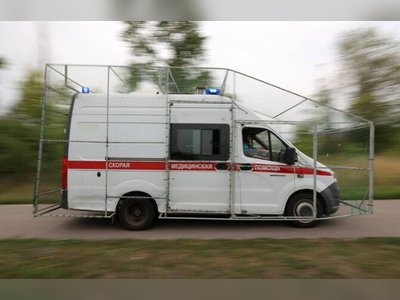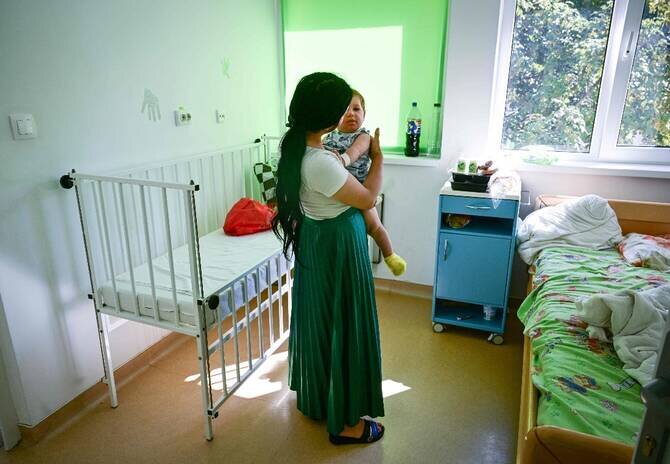
Romania Grapples with Measles Outbreak Amidst Vaccine Skepticism
Health officials in Romania are working to combat vaccine hesitancy as the country faces a significant measles outbreak.
In the remote villages of northeastern Romania, epidemiologist Daniela Gafita and her colleagues from the local health department are engaged in an uphill battle against vaccine skepticism.
As measles cases surge across Europe, with Romania being the most affected, their mission is to educate communities about the risks of this highly contagious disease.
Despite widespread hesitancy fueled by misinformation and low vaccination rates, they remain resolute in their efforts to spread the immunization message.
Romania has the European Union's lowest vaccination rate at 62 percent, far below the 95 percent threshold recommended by the World Health Organization for effective control of measles.
The resurgence of measles is not only a public health concern but also a sign of broader issues facing Romania, including poverty, poor access to healthcare, and persistent rumors that vaccines cause autism or other adverse effects.
In Raucesti, a village of 7,500 people, concerns about the vaccine's safety persist.
A local woman expressed her reluctance to vaccinate her child due to online misinformation linking vaccines to autism.
This misconception has been thoroughly debunked by the scientific community; however, it continues to influence opinions in Romania.
Neighbors' children have recently fallen ill with measles, which can lead to severe complications including pneumonia and brain inflammation.
Family doctor Monica Apostol is less optimistic about improving vaccination rates soon, describing her conversations with parents as encounters with 'brick walls.' Several factors contribute to the low vaccination rates and the resurgence of measles in Romania.
These include a brain drain following the end of communism, vaccine shortages, underfunding of healthcare services, and an erosion of trust in authorities fueled by misinformation campaigns during the Covid-19 pandemic.
The far-right movement in Romania has also played a role in promoting anti-vaccination beliefs.
Political leaders have weighed into the debate, with some advocating for parents' freedom to choose whether or not to vaccinate their children.
President Nicusor Dan has called on authorities to redouble efforts to regain people's trust and combat misinformation.
Health officials like Gafita believe that stricter measures may be necessary to curb the outbreak, including making vaccination a requirement for school attendance.
They face the challenge of being unpopular but aim to control the spread of measles in Romania.
As measles cases surge across Europe, with Romania being the most affected, their mission is to educate communities about the risks of this highly contagious disease.
Despite widespread hesitancy fueled by misinformation and low vaccination rates, they remain resolute in their efforts to spread the immunization message.
Romania has the European Union's lowest vaccination rate at 62 percent, far below the 95 percent threshold recommended by the World Health Organization for effective control of measles.
The resurgence of measles is not only a public health concern but also a sign of broader issues facing Romania, including poverty, poor access to healthcare, and persistent rumors that vaccines cause autism or other adverse effects.
In Raucesti, a village of 7,500 people, concerns about the vaccine's safety persist.
A local woman expressed her reluctance to vaccinate her child due to online misinformation linking vaccines to autism.
This misconception has been thoroughly debunked by the scientific community; however, it continues to influence opinions in Romania.
Neighbors' children have recently fallen ill with measles, which can lead to severe complications including pneumonia and brain inflammation.
Family doctor Monica Apostol is less optimistic about improving vaccination rates soon, describing her conversations with parents as encounters with 'brick walls.' Several factors contribute to the low vaccination rates and the resurgence of measles in Romania.
These include a brain drain following the end of communism, vaccine shortages, underfunding of healthcare services, and an erosion of trust in authorities fueled by misinformation campaigns during the Covid-19 pandemic.
The far-right movement in Romania has also played a role in promoting anti-vaccination beliefs.
Political leaders have weighed into the debate, with some advocating for parents' freedom to choose whether or not to vaccinate their children.
President Nicusor Dan has called on authorities to redouble efforts to regain people's trust and combat misinformation.
Health officials like Gafita believe that stricter measures may be necessary to curb the outbreak, including making vaccination a requirement for school attendance.
They face the challenge of being unpopular but aim to control the spread of measles in Romania.

